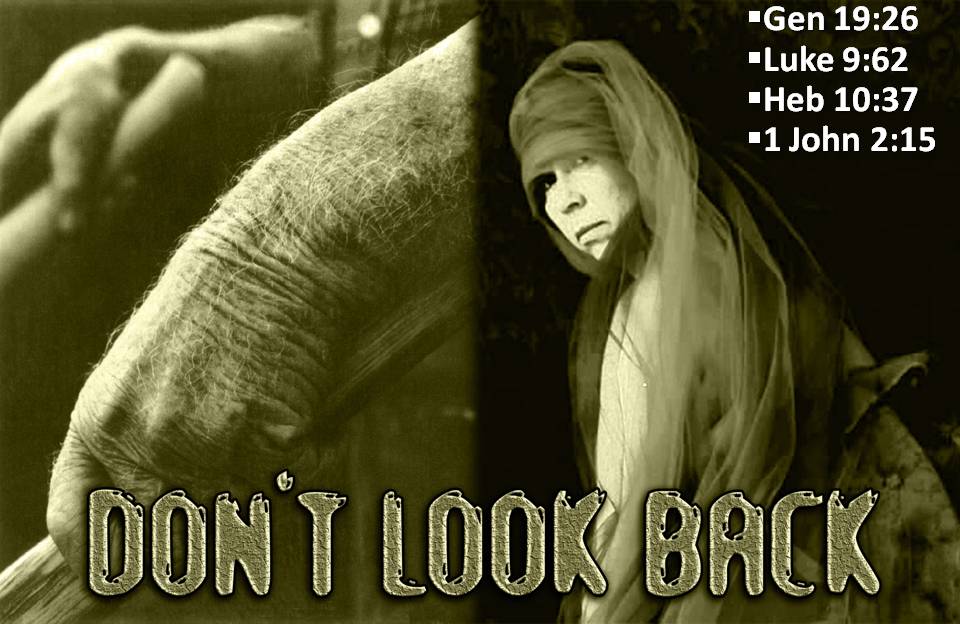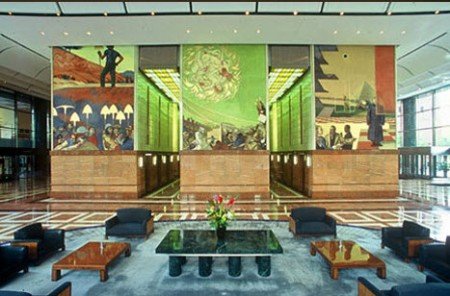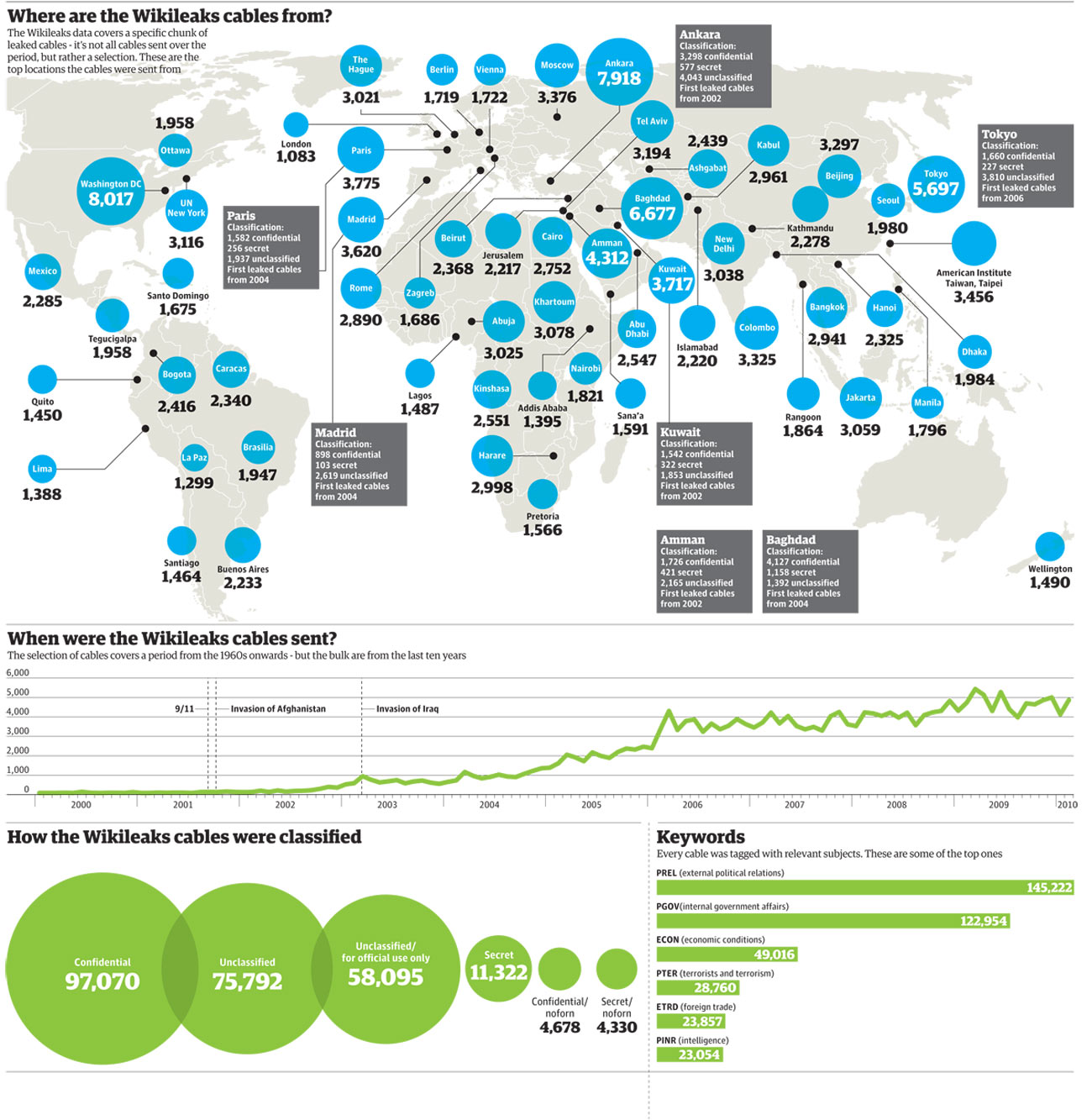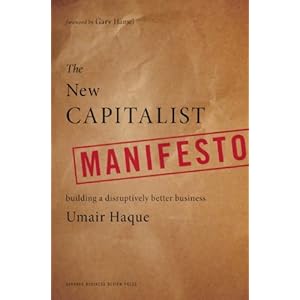 Creators | The American airwaves quiver with the screams of parlor assassins howling for Julian Assange's head. Jonah Goldberg, contributor to the National Review, asks in his syndicated column, "Why wasn't Assange garroted in his hotel room years ago?" Sarah Palin wants him hunted down and brought to justice, saying: "He is an anti-American operative with blood on his hands."
Creators | The American airwaves quiver with the screams of parlor assassins howling for Julian Assange's head. Jonah Goldberg, contributor to the National Review, asks in his syndicated column, "Why wasn't Assange garroted in his hotel room years ago?" Sarah Palin wants him hunted down and brought to justice, saying: "He is an anti-American operative with blood on his hands."Assange can survive these theatrical blusters. A tougher question is how he will fare at the hands of the U.S. government, which is hopping mad. The U.S. Attorney General, Eric Holder, announced on Monday that the Justice Department and Pentagon are conducting "an active, ongoing criminal investigation" into the latest Assange-facilitated leak under Washington's Espionage Act.
Asked how the U.S. could prosecute Assange, a non-US citizen, Holder said, "Let me be clear. This is not saber-rattling," and vowed "to swiftly close the gaps in current U.S. legislation."
In other words, the espionage statute is being rewritten to target Assange, and in short order, if not already, President Obama — who as a candidate pledged "transparency" in government — will sign an order OK'ing the seizing of Assange and his transport into the U.S. jurisdiction. Render first, fight the habeas corpus lawsuits later.
Interpol, the investigative arm of the International Criminal Court at the Hague, has issued a fugitive notice for Assange. He's wanted in Sweden for questioning in two alleged sexual assaults, one of which seems to boil down to a charge of unsafe sex and failure to phone his date the following day.
This prime accuser, Anna Ardin, has, according to the journalist Israel Shamir, writing on the CounterPunch site, "ties to the US-financed anti-Castro and anti-communist groups. She published her anti-Castro diatribes in the Swedish-language publication Revista de Asignaturas Cubanas put out by Miscelaneas de Cuba ... Note that Ardin was deported from Cuba for subversive activities."
It's certainly not conspiracism to suspect that the CIA has been at work in fomenting these Swedish accusations. As Shamir reports, "The moment Julian sought the protection of Swedish media law, the CIA immediately threatened to discontinue intelligence sharing with SEPO, the Swedish Secret Service."
The CIA has no doubt also pondered the possibility of pushing Assange off a bridge or through a high window (a mode of assassination favored by the agency from the earliest days) and has sadly concluded that it's too late for this sort of executive solution.
The irony is that the thousands of diplomatic communications released by WikiLeaks contain no earth-shaking disclosures that patently undermine the security of the American empire. We are supposed to be stunned that the king of Saudi Arabia wishes Iran was wiped off the map, that the U.S. uses diplomats as spies or that Afghanistan is corrupt?
This is not to downplay the great importance of this latest batch of WikiLeaks. Millions in America and around the world have been given a quick introductory course in international relations and the true arts of diplomacy — not least the third-rate, gossipy prose with which the diplomats rehearse the arch romans a clef they will write when they head into retirement.
Years ago, Rebecca West wrote in her novel "The Thinking Reed" of a British diplomat who, "even when he was peering down a woman's dress at her breasts managed to look as though he was thinking about India." In the updated version, given Hillary Clinton's orders to the State Department, the U.S. envoy, pretending to admire the figure of the charming French cultural attache, would actually be thinking how to steal her credit card information, obtain a retinal scan, her e-mail passwords and frequent flier number.

























